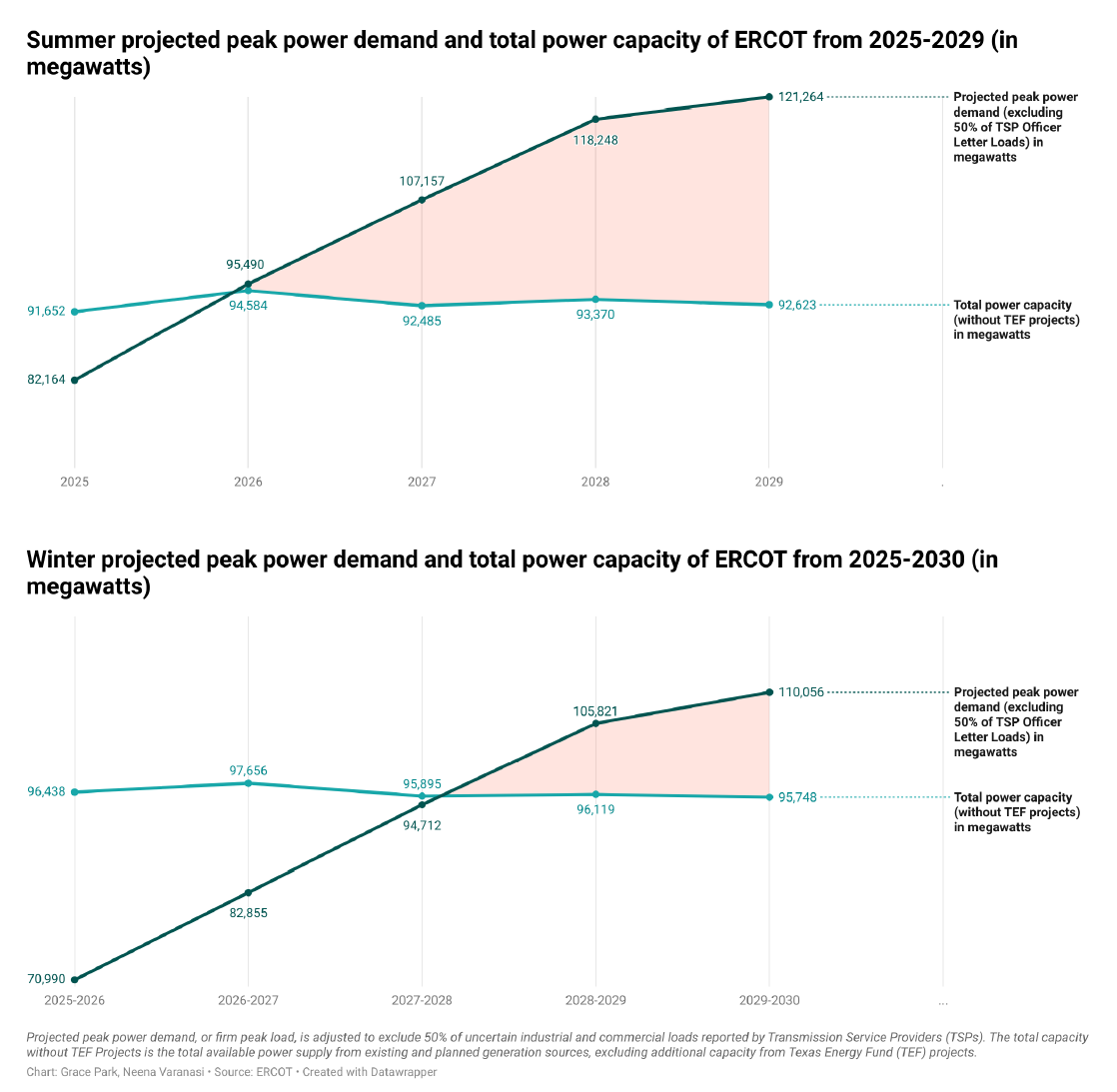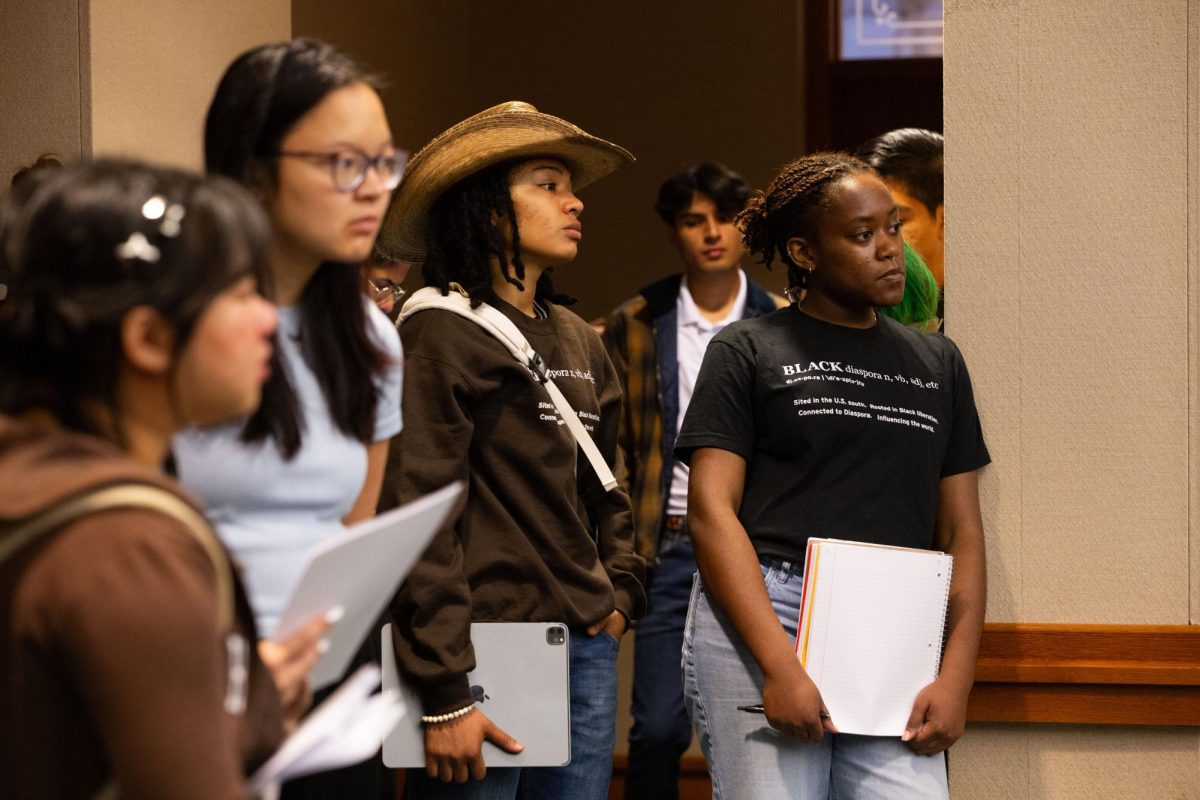A health care worker in Dallas has tested positive for the Ebola virus, officials from the Centers for Disease Control and Prevention announced Sunday. This is the second known case of the virus in the U.S., and, if the preliminary results are confirmed, it will be the first time the virus has been transmitted between humans in the U.S.
In a press conference Sunday, CDC Director Tom Frieden said the health care worker is a female nurse at Texas Health Presbyterian Hospital. According to Frieden, the nurse had provided care and had “extensive contact” with Thomas Duncan, who died last week and was the first person diagnosed with Ebola in the U.S.
Frieden said officials are examining the case to try and figure out what caused the nurse to contract the virus, since she was in full protective gear when caring for Duncan.
“We don’t know what occurred in the care of the index patient, the original patient in Dallas, but, at some point, there was a breach in protocol, and that breach in protocol resulted in this infection,” Frieden said.
Officials plan to examine kidney dialysis and respiratory intubation, which were both performed on Duncan, as procedures in which the virus might have spread.
According to a press release from the Texas Department of State Health Services, the nurse developed symptoms Friday, and a blood sample was tested for Ebola in a lab in Austin.
“The individual was self-monitoring, and, immediately on developing symptoms, as appropriate, she contacted the health care system, and, when she came in, she was promptly isolated,” Frieden said.
The press release stated health officials have interviewed the patient and have identified only one possible contact that could have been exposed to the virus.
David Lakey, commissioner of the Texas Department of State Health Services, said the department has been ramping up control measures to prepare for further possible transmission of the virus.
“We knew a second case could be a reality, and we’ve been preparing for this possibility,” Lakey said. “We are broadening our team in Dallas and working with extreme diligence to prevent further spread.”
Frieden said the CDC plans to focus on four things related to the second Ebola case — caring for the worker, assessing her possible contacts from when she developed symptoms, evaluating other possible exposures to the virus, and launching an investigation to find out how the breach in protocol happened.
Frieden said the CDC has sent additional staff to Texas and plans to implement increased training of health care workers at Texas hospitals, limit the number of workers and procedures related to Ebola patients and examine procedures used for personal protective equipment.
“What we do to stop Ebola is to break the links of transmission,” Frieden said. “We do that by making sure every person with Ebola is promptly diagnosed, that they’re promptly isolated, that we identify their contacts, and that we actively monitor their contacts every day for 21 days.”
The 48 people who have possibly come into contact with the virus are still being monitored, officials said.



















